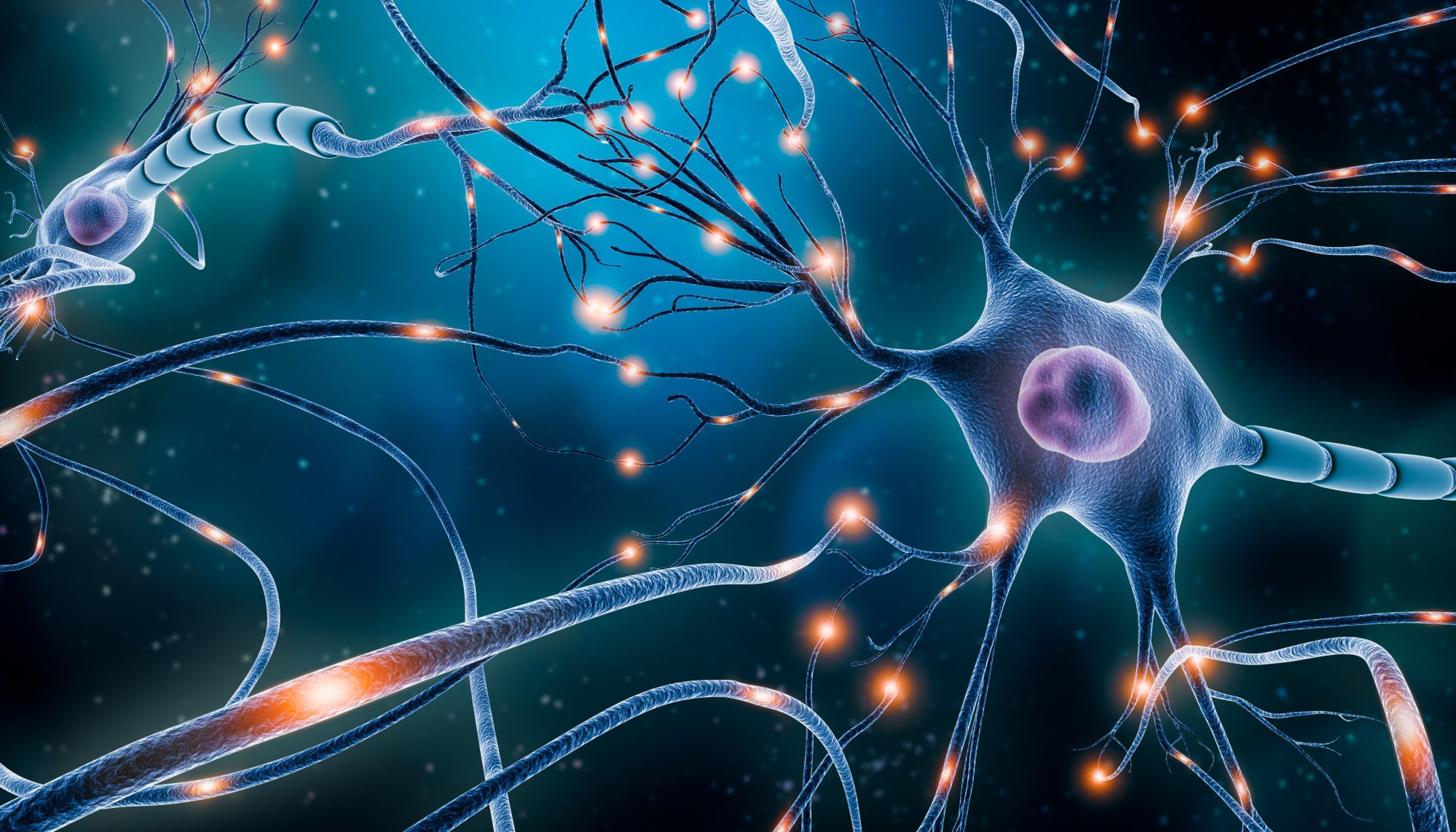
Engineered Brain Cells Offer Hope for Depression Treatment
Scientists in China have achieved a significant breakthrough in the potential treatment of neuropsychiatric disorders, particularly major depressive disorder. Their research focuses on engineering human stem cells into dopamine-producing brain cells, which, when transplanted into mice exhibiting depressive behaviors, demonstrated a reduction in symptoms and an increase in pleasure responses. This innovative approach holds promise for directly targeting and repairing areas of the brain responsible for mood regulation.
Targeting Neural Circuits for Mood Regulation
The core of this research lies in the concept of reconstructing dysfunctional neural circuits within the brain. Major depressive disorder is a leading cause of disability worldwide, affecting hundreds of millions of individuals. A particularly challenging aspect of this condition is treatment-resistant depression, often characterized by anhedonia – the inability to experience pleasure from activities that were once enjoyable. Anhedonia can persist even after other mood symptoms have improved, making it a difficult symptom to treat.
Dopamine, a neurotransmitter crucial for motivation, reward, and movement, plays a vital role in these processes. Individuals with depression and anhedonia often exhibit reduced dopamine activity. Within the midbrain, dopaminergic neurons are categorized into three main subtypes: A8, A9, and A10. Among these, the A10 neurons are particularly important for reward and incentive-based behaviors. Dysfunction of the A10 neuron system has been implicated in various psychiatric disorders, including depression, schizophrenia, and drug addiction, making them a prime target for therapeutic intervention.
Generating A10-Like Neurons from Stem Cells
Researchers have been exploring the use of human pluripotent stem cells, which possess the unique ability to differentiate into any cell type in the body, to generate dopaminergic neurons. While the generation of A9 neurons has been relatively successful, efficiently producing A10 neurons has proven more challenging.
To overcome this hurdle, a team of scientists from the Chinese Academy of Sciences at Fudan University and UniXell Biotechnology developed a novel method. They devised a specific combination of chemicals to administer to human stem cells at a precise stage of differentiation. This carefully orchestrated process resulted in the creation of engineered neurons that closely mirrored the molecular and electrical characteristics of A10 neurons.
Alleviating Depressive Symptoms in Mice
The true test of these engineered neurons came when they were transplanted into mice that had been induced with depression-like symptoms through chronic stress. These mice exhibited behaviors such as resignation and a loss of pleasure. Remarkably, the transplanted neurons led to significant improvements in these symptoms, demonstrating what researchers described as "antidepressant-like behaviors."
Specifically, the mice experienced a reduction in anhedonia and behavioral despair. Behavioral despair is a state where animals cease attempting to escape from stressful situations, such as the threat of drowning, and become immobile, indicating a sense of hopelessness. The transplanted neurons effectively alleviated these symptoms, suggesting a restoration of the reward pathways in the brain.
Integration into Neural Circuits
Further analysis revealed that the transplanted neurons were able to integrate seamlessly into the existing neural circuits of the mice. They successfully received signals from surrounding neurons, demonstrating their capacity to repair dopamine-related pathways. This integration is crucial for the long-term effectiveness of the therapy, as it allows the transplanted cells to function as part of the brain's natural circuitry.
Advantages over Traditional Pharmaceuticals
The researchers emphasized that the specificity of this neural cell therapy offers a significant advantage over traditional pharmaceutical drugs. Broad-acting medications can often produce unwanted side effects due to their impact on various systems in the body. By targeting specific neural circuits, this cell therapy approach has the potential to minimize off-target side effects, leading to a more precise and potentially safer treatment.
A Promising Avenue for Future Therapies
The study provides compelling evidence supporting the use of A10-neuron-based therapy in the clinical treatment of major depression. It also broadens the potential applications of cell-based therapy for a range of psychiatric disorders. This research represents a significant step forward in the quest to develop more effective and targeted treatments for depression and other neuropsychiatric conditions, ultimately offering hope for millions of individuals worldwide. The findings pave the way for future clinical trials to further evaluate the safety and efficacy of this innovative approach in humans.


No comments:
Post a Comment